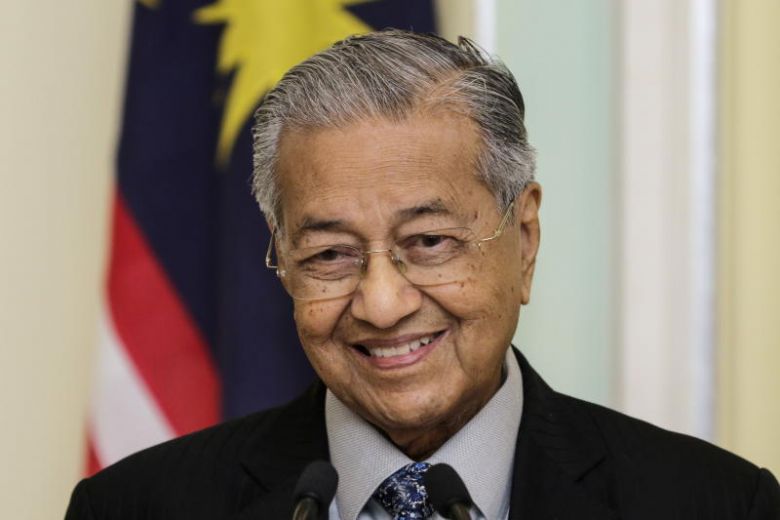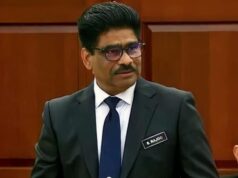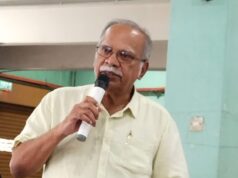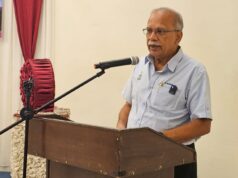 By Nik Nurfaqih Nik Wil
By Nik Nurfaqih Nik Wil
KUALA LUMPUR — Tun Dr Mahathir Mohamad’s abrupt announcement today goes down in the country’s history as the second resignation of a prime minister, by the very same person.
Just as the case when he stepped down as the fourth prime minister in 2003, today’s announcement was unexpected and caught everyone by surprise.
Dr Mahathir was sworn in for the second time as the country’s seventh prime minister on May 10, 2018, after leading the Pakatan Harapan (PH) charge to remove what he called a kleptocratic government, ending UMNO-led Barisan Nasional’s (BN) six-decade rule of Malaysia.
Although just for a brief stint of about 22 months this time, the world’s oldest prime minister managed to bring reform to the country including an all-out war against corruption.
The National Automotive Policy (NAP) 2020 was his last ‘gift’ to the country. Known to be an automotive enthusiast, Dr Mahathir who introduced the first national car, Proton, in 1982 with the vision of turning Malaysia into a regional manufacturing powerhouse, had launched the third national car project.
In line with PH’s desire to implement justice, Dr Mahathir had also launched the Shared Prosperity Vision 2030, a commitment to make Malaysia a nation that achieves sustainable growth, and equitable wealth distribution across income groups, ethnicities, regions and supply chains.
The government he helmed also ensured the rule of law was enforced, with a clear separation of powers between the executive, legislature and the judiciary.
It also gave emphasis to the empowerment of women – among the initiatives taken in this regard include the appointment of a female deputy prime minister besides several important posts in the Cabinet, and a female Chief Justice for the first time.
While his second tenure as prime minister was brief, the respected statesman also received multiple international awards including Japan’s highest award, the ‘Grand Cordon of the Order of the Paulownia Flowers’ conferred by Emperor Akihito of Japan.
Maintaining the same no-nonsense reputation and being a man who was not afraid to speak his mind, Dr Mahathir also commanded the attention of international audiences at several fora, including condemning Myanmar’s treatment of the Rohingya community at the 73rd United Nations General Assembly.
He was also known to have been outspoken on the hostile treatment of Palestinians by Israel.
During his tenure as the fourth prime minister, Dr Mahathir who succeeded Tun Hussein Onn in 1981, had pushed for the country’s modernisation and further development, earning him the status of ‘Father of Modernisation’.
His contributions in this regard include the iconic Petronas Twin Towers and the Kuala Lumpur City Centre in the heart of Kuala Lumpur, which he launched in 1992, and the development of the federal administrative capital of Putrajaya, the North-South Expressway, and the Kuala Lumpur International Airport (KLIA), as well as the Multimedia Super Corridor, Malaysia’s national ICT (information and communications technology) initiative.
Dr Mahathir was also credited with putting Malaysia on the international sporting map when the country played host to the prestigious Formula One races, as well as the Le Tour de Langkawi cycling tournament.
Kedah-born Dr Mahathir’s life is one imprinted with service to the people, even from his days as a medical officer at the Alor Setar General Hospital and, in 1957, by opening MAHA Clinic, also in the Kedah capital – the first private clinic owned by a Malay at the time.
— BERNAMA










